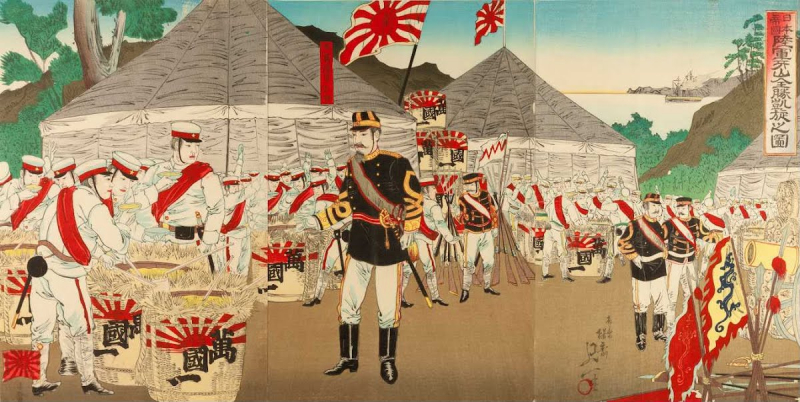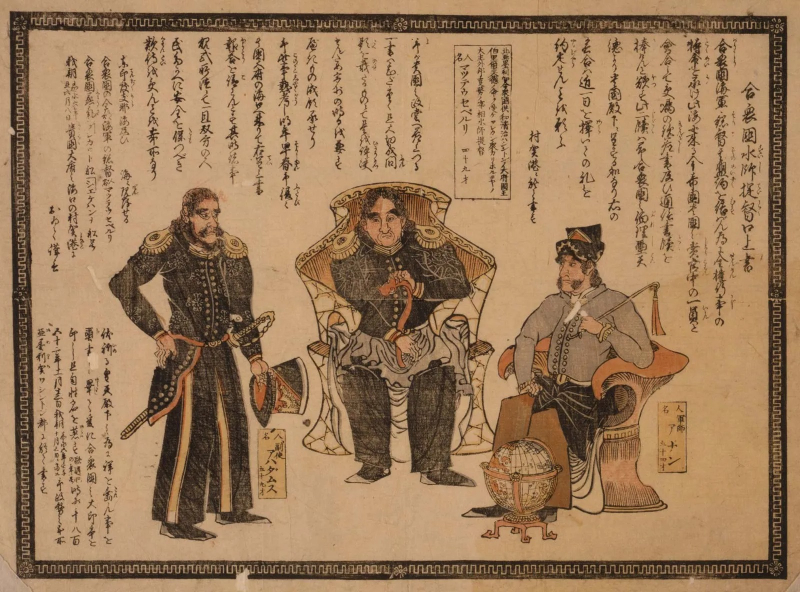Empire of Japan
Empire of Japan, a historical Japanese empire founded on January 3, 1868, when supporters of the emperor Meiji overthrew Yoshinobu, the last Tokugawa shogun. Power would remain nominally vested in the imperial house until the defeat of Japan in World War II and the enactment of Japan's postwar constitution on May 3, 1947. The Empire of Japan had three emperors, although it came to an end partway through Shōwa's reign. The emperors were given posthumous names, and the emperors were as follows: Meiji, Taisho, and Shōwa. Hirohito was emperor during Japan's militaristic period from the early 1930s to 1945, the end of World War II.
From 1868 to the mid-20th century, Japan created a huge empire stretching from Alaska to Singapore, known as the Empire of Japan - one of the most powerful colonial empires of the 20th century. As a result, they controlled as much territory and people as any European great power. This includes Korea, China, Taiwan, Manchuria, Shandong, the entire coast of China, the Philippines, and the Dutch East Indies. As part of the Allied victory in World War I, Japan was given German colonial Asian territories by Germany. These include Tsingtao, on China's Shantung peninsula, and formerly German-administered islands in Micronesia. Japan's pursuit of more land in China and its tripartite pact with Germany and Italy led to World War II. Japan lost and surrendered to the colonies in 1945.
- Major Events: Harris Treaty, Charter Oath, Treaty of Kanagawa
- Key People: Saigo Takamori, Ito Hirobumi, Tokugawa Yoshinobu, Tokugawa Nariaki, Matthew C. Perry












